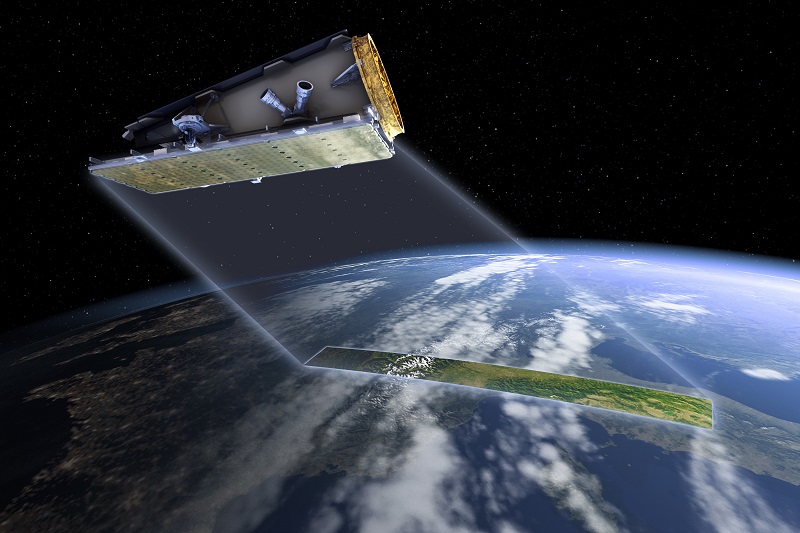
Australia’s national science agency, the Commonwealth Scientific and Industrial Research Organisation (CSIRO), will work with the UK Space Agency as well as invite UK organisations and other international partners to work with them to scope projects designed to deliver sustainable benefits to Small Island Developing States in the Pacific.
Utilising Space Data
According to a recent press release, the UK Space Agency is looking for project ideas, which will be delivered through UK aid.
The project ideas will use the data collected by satellites to improve decision-making for disaster risk reduction, ocean monitoring, mangrove mapping and maritime management.
The work will build on those systems already underway to help prevent and plan for disasters that are a consequence of rising sea levels and climate change.
This follows a recent statement of intent between the UK Space Agency and the Australian Space Agency to establish a ‘Space Bridge’ to increase strategic collaboration and lay the foundations for swift negotiations for space-related opportunities under any potential future trading arrangements.
Who are Involved?
The UK and Australia will build on this existing collaboration and improve access to services based on radar satellite data for countries in the Pacific region that need them most.
The CSIRO Chief Executive Dr Larry Marshall explained that as Australia’s national science agency, CSIRO’s purpose is to solve the greatest challenges using innovative science and technology, like addressing the impacts of a changing climate.
The project is building on CSIRO’s 75-year history in space. They are aiming to use cutting-edge Earth observation technology to co-design projects with Pacific Island neighbours, focused on managing threats like natural disasters.
The UK Science Minister Chris Skidmore explained that by increasing their investment in space technology, it demonstrates their determination to become a global science superpower that forms new collaborations with countries across the globe.
The UK was the first major country to sign their commitment to net-zero carbon emissions by 2050 into law. Next year, the UK will be hosting the UN’s climate conference, COP 26.
Space has a crucial and expanding role as a green technology, providing vital data on earth observation and climate conditions, which helps to predict the impact of climate change.
He furthered that they are seeking to become the first country in Europe, which will be able to perform both horizontal and vertical launches into space.
This fund expands on its growing commitment to become one of the world’s leading space nations.
There is one UK space company that is already having an impact. The UK Space Agency part-funded the company’s launch of its NovaSAR-1 satellite last year.
The satellite uses Synthtic Aperture Radar (SAR) to provide images day and night and see through cloud cover, making it particularly valuable for Pacific small island states which are frequently covered by clouds.
















